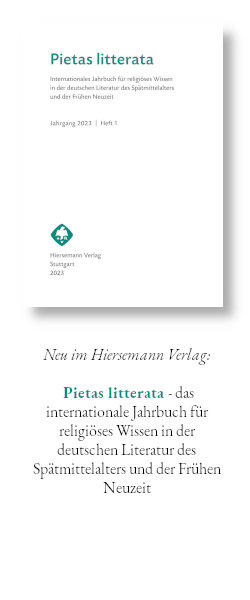‹New Song›, Old Verse: Continuity and Innovation in the Use of the Iambic Dimeter in 12th Century Conductus, Versus and Benedicamus Tropes
DOI:
https://doi.org/10.36191/mjb-2019-54-3-3Abstract
The terms ‹Neues Lied› or ‹Nova cantica› respectively have become the (musicological)designations for the new liturgical songs that appeared around 1100, rubricated as conductus, versus, and benedicamus in Aquitanian and Northern French manuscripts. Among these songs are striking examples of innovations in textual form and text-melody relations. Thus, in accordance with the implications of the term ‹Neues Lied›, as delineated by Wilhelm Meyer and Wolfram von den Steinen, ‹newness› became the paradigm for these songs in musicological research. This article argues in favor of considering continuities that link the ‹New Songs› with traditional forms and melodic procedures dominant before 1100. Examining the role of traditional verse forms in text and music of ‹New Song› – in particular the rhythmic iambic dimeter – the article shows that there were two different approaches: On the one hand, the Ambrosian strophe and hymn-like relations of text and music were the model for many of the benedicamus tropes. On the other hand, Aquitanian poets treated the iambic dimeter according to the principles of the trochaic septenarius, making it a reservoir of small building blocks that were recombined into complex strophes and set to short melodic patterns. This poetry and music of segmentation and recombination fostered a kind of parametric understanding of form in which meter, rhyme, and melodic syntax interacted quasi ‹polyphonically›. Although strikingly new, this explorative approach was not detached from, but was based upon traditional verse forms and the melodic materials and functions related to them.
Keywords: Conductus, Versus, Benedicamus Domino, Nova Cantica, Iambic Dimeter, Versus Quadratus, Trochaic Septenarius, Rhythmic Versification, St. Martial, Monophonic Song, Verse and Music


